Oftentimes, people attend onboard boats for local harbor tours, dinner cruises, dive tours, whale watching tours, and the like. Before you assume that the boat you are attending onboard is safe, review this checklist, and ask questions. A reputable operator will be glad to share this information with you. If something does not appear to be adequate or is out of date, you may want to think twice about attending onboard.
- Ask to see the U.S. Coast Guard certification for the boat.
The boat owner should be able to provide you with documentation that shows the U.S. Coast Guard has performed a major inspection of the boat within the past several years and that it has passed the inspection. - Ask to see the most recent inspection performed by the U.S. Coast Guard, along with any deficiency list with remedial measures.
The Coast Guard will also perform spotting, frequent inspections of the boat. During these inspections, deficiencies are noted and remedial action is recommended. These actions will be listed on the boat’s inspection reports. - Ask to see the boat’s fire safety plan.
Every boat owner should provide a fire safety plan. - Ask to see the boat’s muster stations and a listing of duties of the crew during an emergency.
Every boat owner should provide a listing of where the boat’s muster stations are, and what
duties are expected of the crew during an emergency. - Ask to see the inspection certificates of all fire safety devices on board.
Fire safety devices including fire extinguishers and fire suppression devices should have inspection certificates and documentation confirming that the devices are in good working condition. - Ask to see the license credentials of the crew.
The crew should always carry their licensing credentials with them to confirm that they are properly licensed to operate the boat. - Ask to be shown fire safety equipment, and determine if there are reflective signs, emergency lighting, and low light directional indicators.
Fire on a boat is an extremely dangerous event. In order to protect yourself against fire, issues have the crew show you where the fire equipment is, and observe if there are safety measures that will assist you in an evacuation should visibility be diminished. - Check the certifications for life jackets and rafts and acquaint yourself with where they are located.
Life jackets and life rafts will save your life if you are required to leave the boat and enter the water. Make sure these life-saving devices are certified for the type of boat you are on, and that they are adequate for you to use. - Check to see if there is an automatic fire suppression system on board and if so, when it was last certified.
Check to see if there are automatic sprinklers or other fire suppression devices in the passenger areas, in the kitchen, in the engine and mechanical spaces, and make sure they are current in their certification. An automatic fire suppression system can prevent a fire from spreading. - Finally, keep attentive, know your surroundings, and be fully aware of your escape routes in case one is needed.
Always know where you are, and always know of your escape routes, and always have a secondary route in case the main escape route is blocked or locked.











